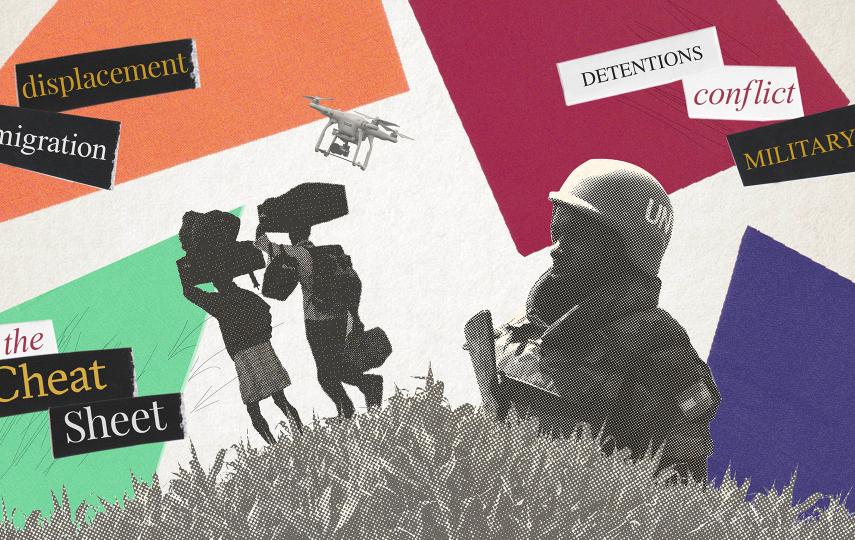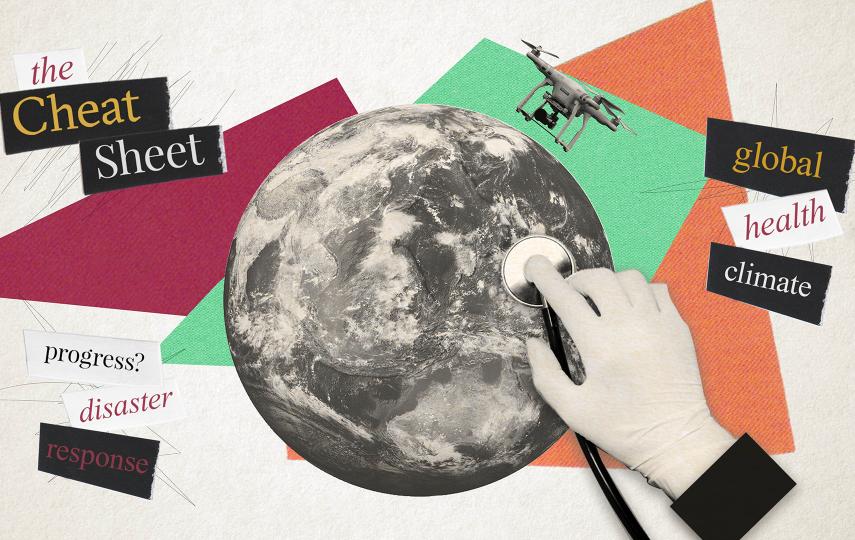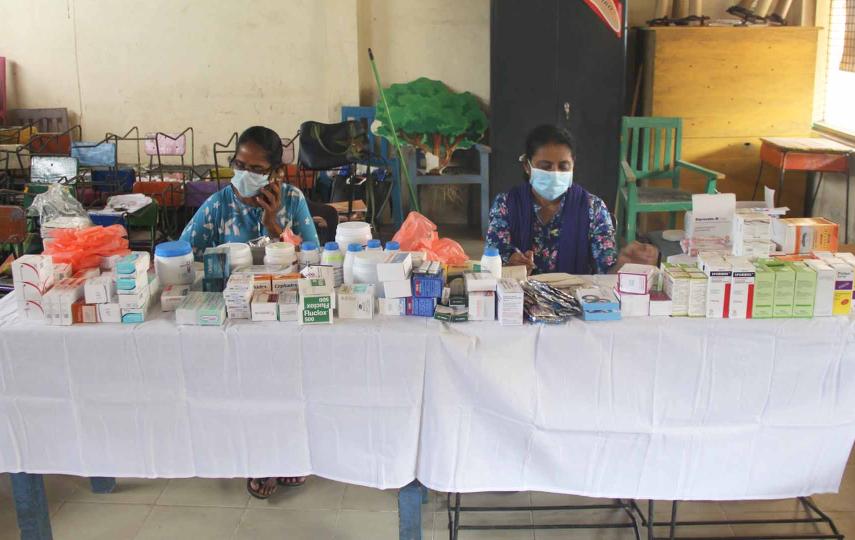Countries in the Middle East and South Asia ratcheted up border closures on Monday amid a surge of coronavirus cases in Iran – and fears that an outbreak once largely limited to China is gaining a global foothold.
After denying the existence of coronavirus within its borders a week ago, Iran has now confirmed dozens of cases and multiple deaths. On Monday, Kuwait, Bahrain, and Afghanistan announced their first confirmed coronavirus cases, according to the World Health Organisation. Iraq’s health ministry also announced an Iranian theology student was its first case, Reuters reported.
Kuwait and Bahrain say their cases were travellers who had left Iran; Afghanistan’s confirmed case was found in western Herat province, which borders Iran. Travellers departing from Iran have also tested positive in Canada, Lebanon, and the United Arab Emirates.
Read more → Mapped: Where the coronavirus has spread
Many of Iran’s neighbours have moved to cancel flights and close land borders. But it’s unclear what effect this will have. The WHO and public health experts are typically cautious about border restrictions, which can push people to unofficial, unmonitored routes – giving more opportunity for viruses to spread out of sight.
Afghanistan shut its western borders with Iran, but migrants also make heavy use of clandestine smuggling networks, including routes that veer through Pakistan to the south.
There’s particular concern in Afghanistan, which has a weak health system after decades of conflict and overlapping humanitarian emergencies. Iran also forces out hundreds of thousands of Afghan migrants and refugees each year. In a statement, Afghanistan’s foreign affairs ministry urged Iran to be “neighbourly” and stop deportations.
The majority of the roughly 80,000 global coronavirus cases and 2,700 deaths are in China. But confirmed cases elsewhere have escalated by hundreds in a matter of days.
Infections in South Korea rose dramatically over the last week to at least 833 as of Monday, driven by an outbreak among church members in the city of Daegu. In Italy, several areas were on lockdown as health authorities contended with more than 130 cases.
“The increasing signs of transmission outside China show that the window of opportunity we have for containing this virus is narrowing,” Tedros Adhanom Ghebreyesus, the WHO’s director-general, warned on Saturday.
- Irwin Loy
Behind the headlines: How will COVID-19 impact crisis zones? | Thursday 19 March
Aid agencies are scrambling to adapt as the COVID-19 pandemic is felt throughout the world. Join Senior Editor Ben Parker as he speaks to leading experts and practitioners from across the humanitarian sector to discuss some of the most pressing issues.


